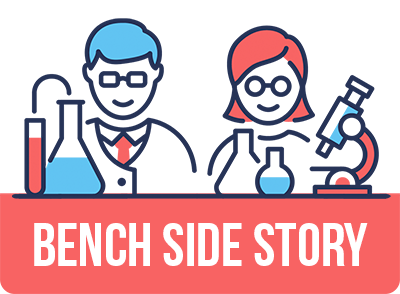Dr Ryan O’Hare Doig, Head, Spinal Cord injury Research (SAHMRI)
Neil Sachse Centre for Spinal Cord Research (SAHMRI)
SOUTH AUSTRALIA
AUSTRALIA
Dr. Ryan O’Hare Doig’s early research career has focused on understanding the pathophysiology of secondary degeneration following neurotrauma to the central nervous system (CNS). He uses innovative analytical techniques to demonstrate biochemical, molecular and gross anatomical changes that occur following CNS injury. Dr. O’Hare Doig has developed and optimised a combinatorial treatment strategy incorporating pharmacotherapeutics for the treatment of CNS injury. Ryan’s combinatorial strategy has been assessed in a clinically relevant model of spinal cord injury (SCI), demonstrating significant functional recovery and tissue sparing, crucial for the translation of his research into clinical trials.
In 2017, Ryan joined the South Australian Health & Medical Research Institute (SAHMRI) and the Neil Sachse Centre for Spinal Cord Research, to provide his expertise in SCI and other neurotrauma models. Dr. O’Hare Doig’s lab looks to help develop new techniques to provide a more accurate diagnosis and prognosis of SCI, and to identify potential treatment strategies in a clinical setting.
You Might also like
-
Oral administration of insulin for Type 1 Diabetes
Huiwen Pang is a 3rd year PhD candidate in the Australian Institute for Bioengineering and Nanotechnology, University of Queensland, focusing on biomedical health research. Prior to commencing his PhD, Huiwen studied animal genetics in his Masters degree at Huazhong Agriculture University in China.
People with diabetes, especially Type 1 diabetes, largely rely on the insulin injections or insulin pumps to control their high blood glucose levels, which is painful and has a high risk of infections.
Huiwen Pang is conducting research on nano-based drug formulations for Type 1 diabetes treatment, with a focus on using nanomaterials to load insulin for oral administration and employing anti-apoptotic and anti-inflammatory approaches to mitigate damage to beta cells.
-
Genetic alterations in prostate cancer initiation and progression
Watch Dr Kelsie Raspin, a dedicated Postdoctoral Research Fellow specialising in Cancer Genetics at Menzies Institute for Medical Research, University of Tasmania, talk on bridging a critical knowledge gap in the understanding of genetic alterations implicated in prostate cancer initiation and its progression into metastatic forms.
-
At the frontier of human cellular neuroscience research
Associate Professor Cedric Bardy is the Director of The Laboratory for Human Neurophysiology, Genetics & Stem Cells, located at SAHMRI. South Australia.
His current research uses preclinical, patient-derived cell models to test innovative therapeutic strategies, with a current focus on Parkinson’s disease, brain cancer and childhood dementia (Sanfilippo syndrome).
His work has established a platform to facilitate the discovery and validation of treatments for brain disorders. Their research is at the frontier of human cellular neuroscience research and translational applications that benefit global public health.



